Some fish, such as silver dollars and otocinclus catfish, as well as bottom-dwelling creatures, eat Java moss.
Table of Contents
1. Omnivorous And Herbivorous Fish:
Yes, some fish eat Java moss, including omnivorous and herbivorous fish like silver dollars and otocinclus catfish. These fish are likely to interact with Java moss and consume it as part of their feeding habits. Bottom-dwelling fish are also known to enjoy eating Java moss, as it provides them with essential nutrients.
Additionally, Siamese algae eaters have been reported to consume Java moss, particularly the new growth. In aquariums, Java moss serves as a favorite food for various aquatic creatures, including aquarium crabs, shrimp, snails, crustaceans, and mollusks. Its versatile nature makes it an excellent choice for freshwater shrimp tanks, as it provides shrimp with hiding places and encourages playful behavior.
Overall, Java moss is a valuable food source and habitat component for many aquatic organisms.
2. Bottom-Dwelling Fish And Invertebrates:
Bottom-dwelling fish and invertebrates, such as suckermouth catfish, shrimp, snails, crustaceans, crabs, and mollusks, depend on Java Moss for both food and shelter. These fish and invertebrates are particularly fond of Java Moss, making it one of their primary sources of nutrients.
Suckermouth catfish, in particular, are known to eat Java Moss. Other fish, like silver dollars and otocinclus catfish, which are omnivorous and herbivorous, are also likely to consume Java Moss. Additionally, Siamese algae eaters have been reported to eat Java Moss, especially the new growth.
In a shrimp tank, Java Moss is an excellent plant option as it provides shrimp with a perfect place to play or hide. Overall, Java Moss serves as a vital food source for various aquatic organisms in an aquarium, making it an essential part of their diet.
3. Unconventional Predators:
Exotic species that consume Java Moss can have a significant impact on its populations in the aquarium. These unconventional predators, such as certain fish and invertebrates, can feed on Java Moss and potentially disrupt its growth and spread. Measures need to be taken to control the spread of these predators to ensure the survival of Java Moss in the aquarium.
This can include carefully selecting compatible tank mates, providing ample hiding places for Moss, and regularly monitoring the population dynamics. By being proactive and taking necessary precautions, aquarists can help preserve the beauty and benefits of Java Moss in their aquariums.
Frequently Asked Questions Of What Eats Java Moss
Do Any Fish Eat Java Moss?
Yes, some fish eat Java moss. Silver dollars and otocinclus catfish are likely to eat Java moss. Bottom-dwellers also enjoy eating Java moss as a source of nutrients.
Do Algae Eaters Eat Java Moss?
Yes, some fish and bottom-dwellers like Suckermouth catfish and otocinclus catfish eat Java moss.
What Does Java Moss Eat?
Some fish and shrimp, such as silver dollars and cherry shrimp, will eat Java moss.
Do Shrimp Hide In Java Moss?
Yes, shrimp do hide in Java moss as it provides them a perfect place to play or hide if they’re feeling shy.
What Fish Are Known To Eat Java Moss?
Some fish that eat Java Moss include silver dollars, otocinclus catfish, and other omnivorous or herbivorous species.
Do Bottom-Dwelling Fish Eat Java Moss?
Yes, bottom-dwelling fish are particularly fond of eating Java Moss as it provides them with essential nutrients.
Can Siamese Algae Eaters Consume Java Moss?
Siamese algae eaters are known to occasionally eat Java Moss, especially when it’s newly growing.
Conclusion
Overall, it is clear that Java moss is a popular and versatile plant in the aquatic world. As we have discussed throughout this blog post, there are several creatures that consume Java moss as part of their diet. Omnivorous and herbivorous fish like silver dollars and otocinclus catfish are known to eat Java moss, along with bottom-dwellers such as shrimp, snails, and crustaceans.
This moss can provide a nutritious food source for these animals while also adding an attractive look to aquariums. Additionally, Siamese algae eaters have been reported to occasionally consume Java moss, especially its new growth. Overall, Java moss is a highly sought-after plant due to its ability to provide both food and aesthetic appeal within aquatic environments.
Whether you are a beginner or experienced aquarist, Java moss is a great addition to any tank.

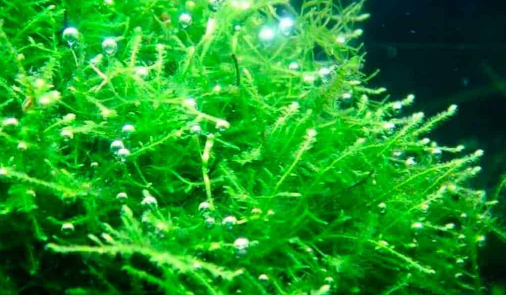
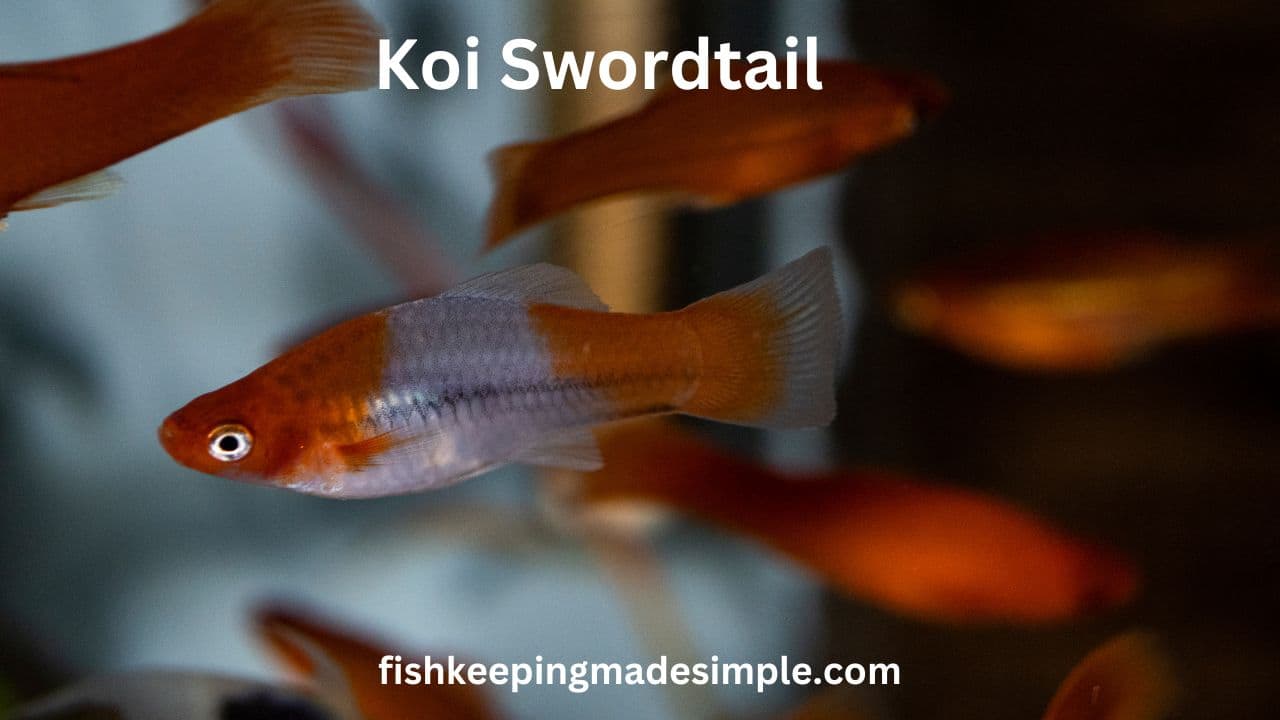

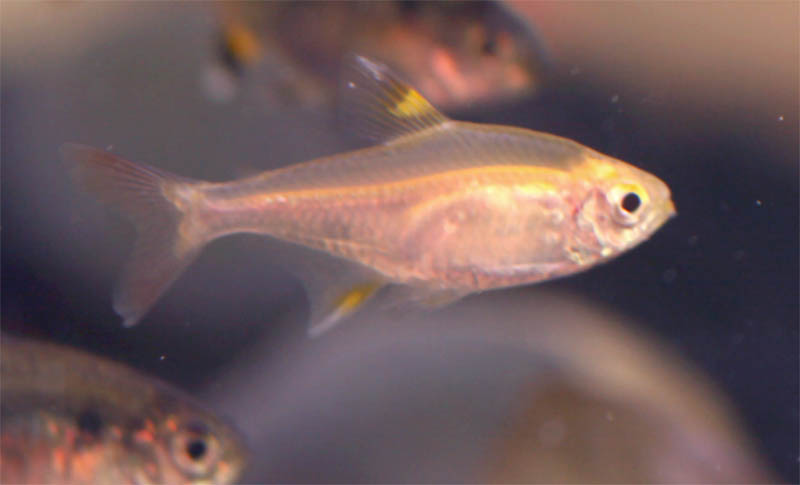
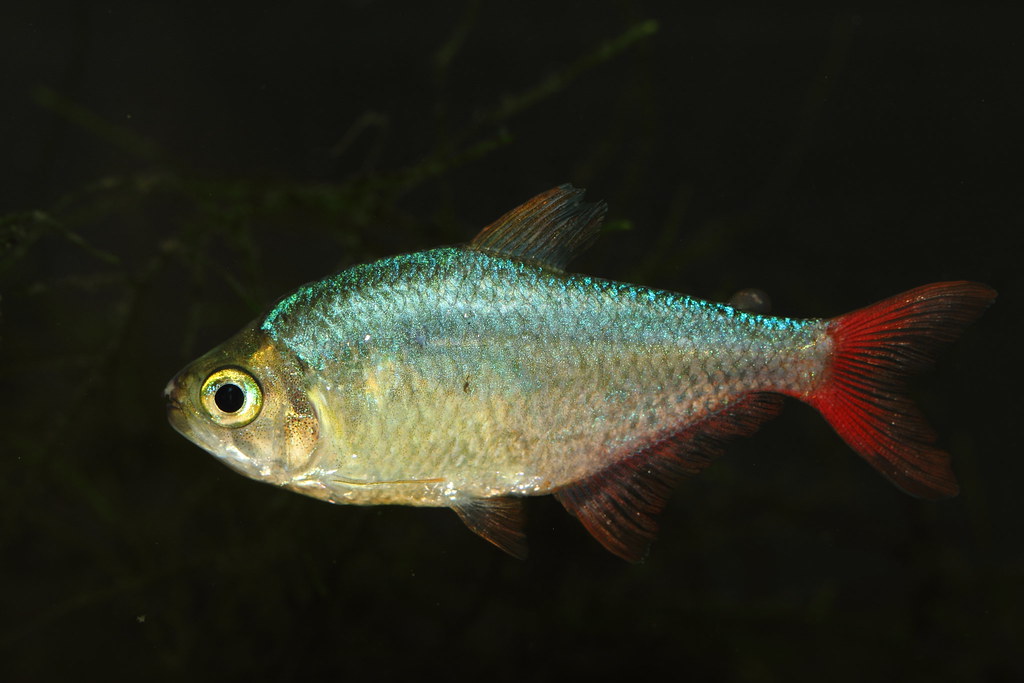
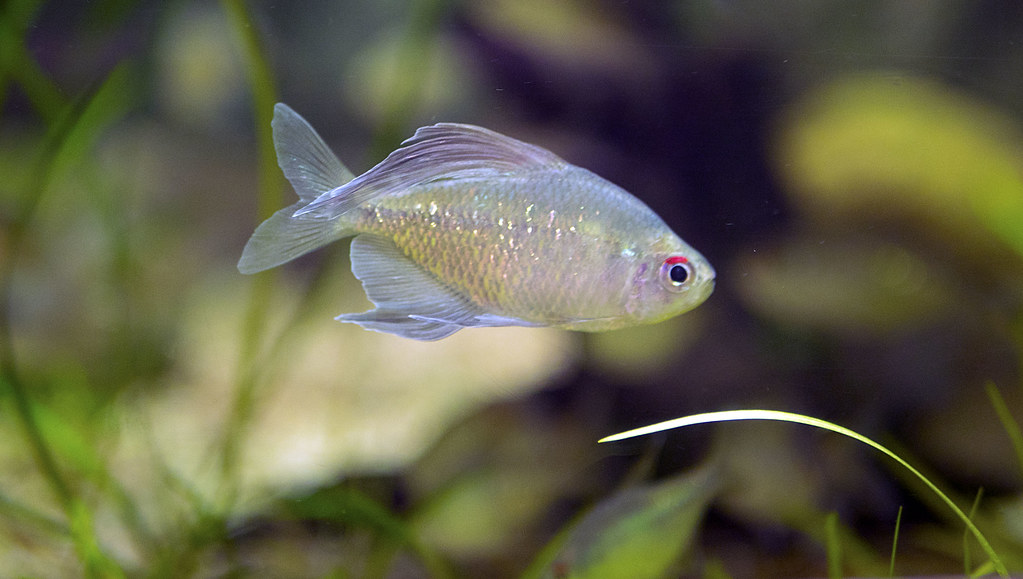
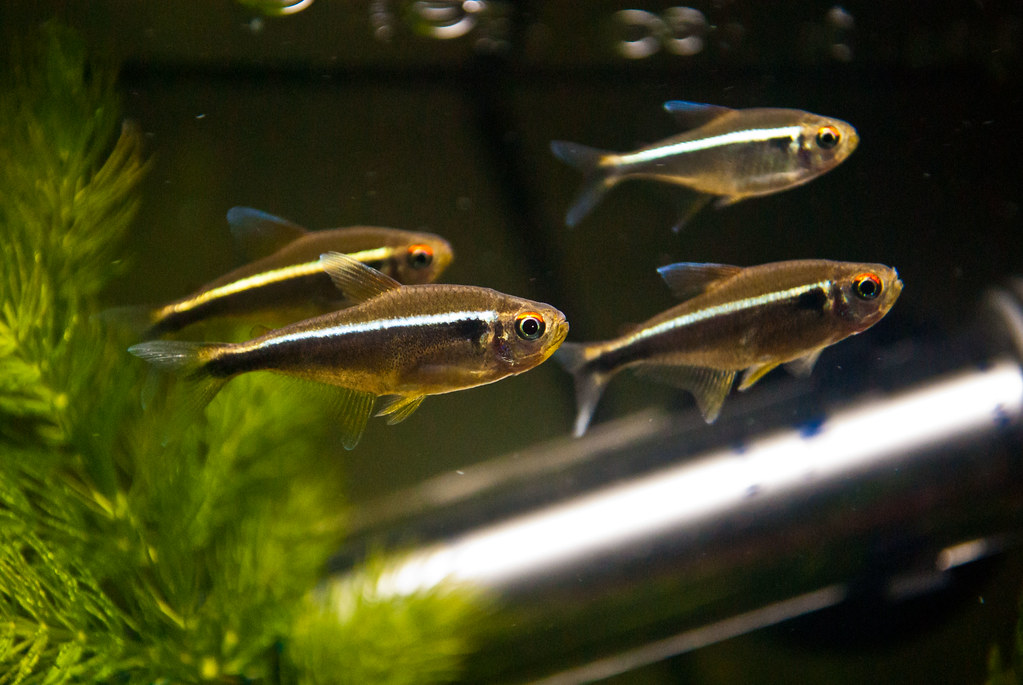
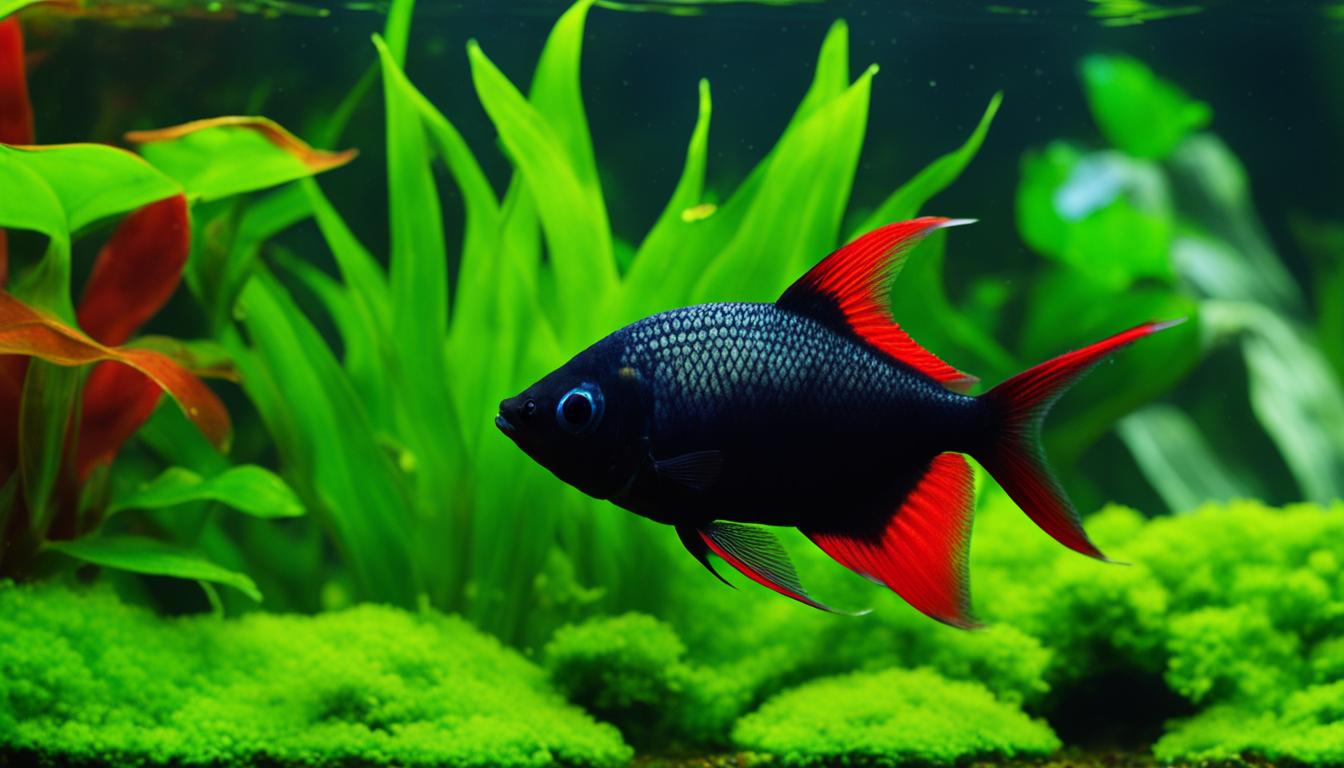

[…] a suitable surface for the female to deposit her eggs. To mimic their natural habitat, you can add Java moss, fine-leaved plants, or artificial spawning mops to the breeding tank. These materials offer hiding […]
[…] suitable spawning materials: Place Java moss or spawning mops in the tank. This gives the fish a place to lay their […]